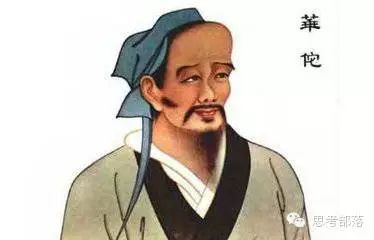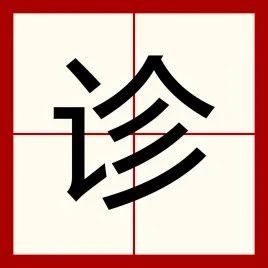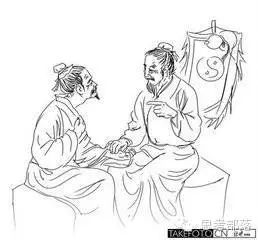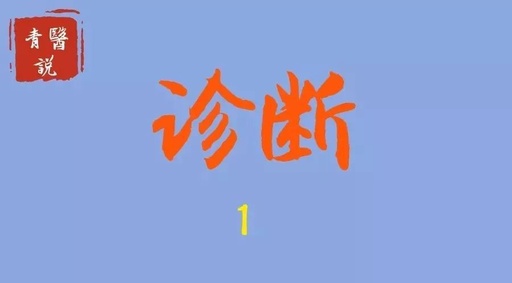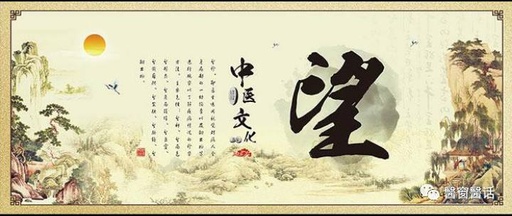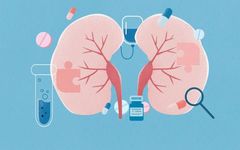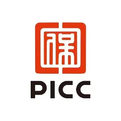Comprehensive Guide to Tongue Diagnosis (Part 8)
(1) Physical manifestations: Facial (eyelid) swelling, oily complexion, prone to acne, diarrhea, heaviness and fatigue, dry and hard stools, irritability. (2) Causes: Qi deficiency, lack of exercise, consumption of cold drinks, leading to water dampness retention in the body. (3) Solutions: 10 grams each of Hong Dou (Red Bean) and Yi Ren (Job’s Tears), boil … Read more

